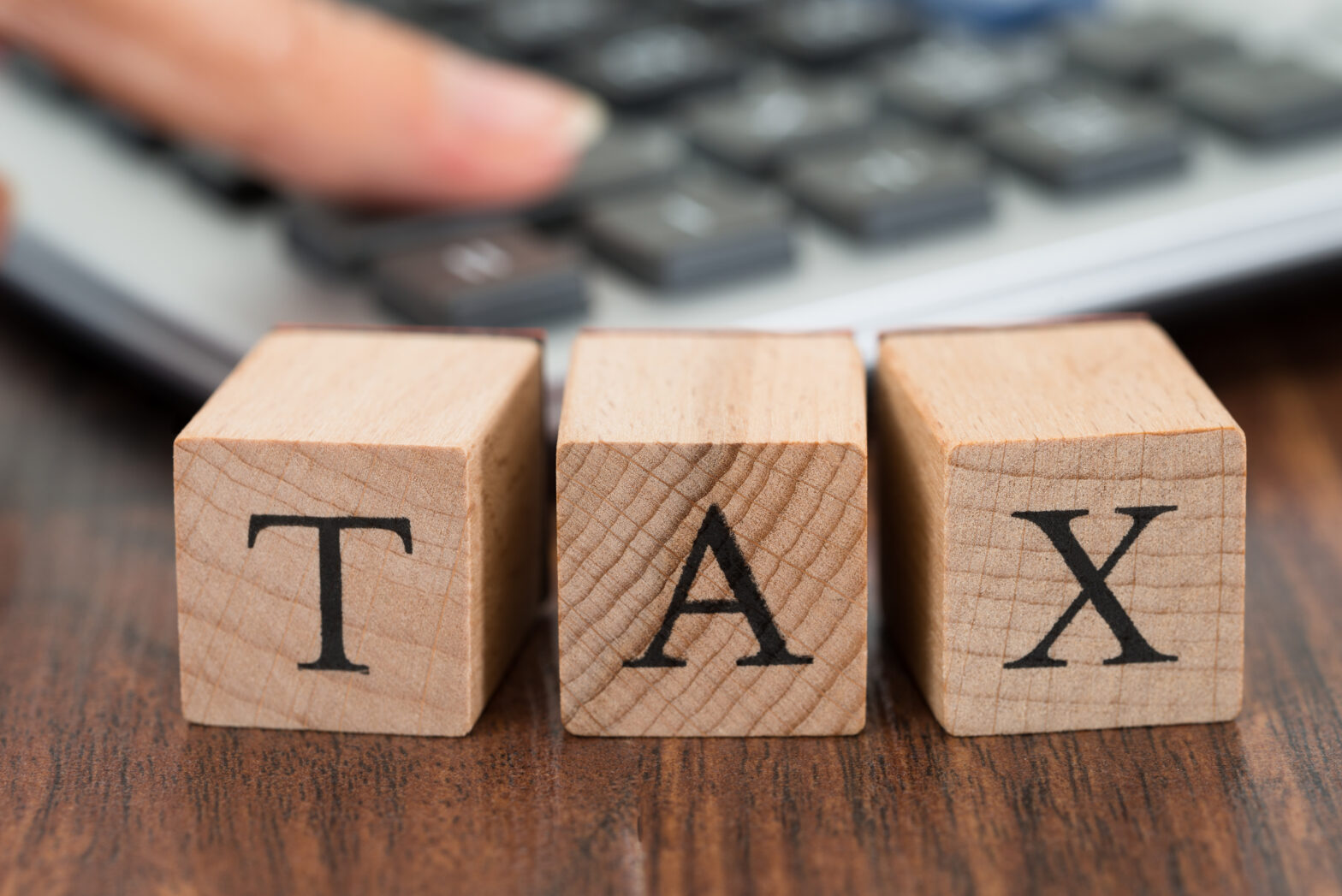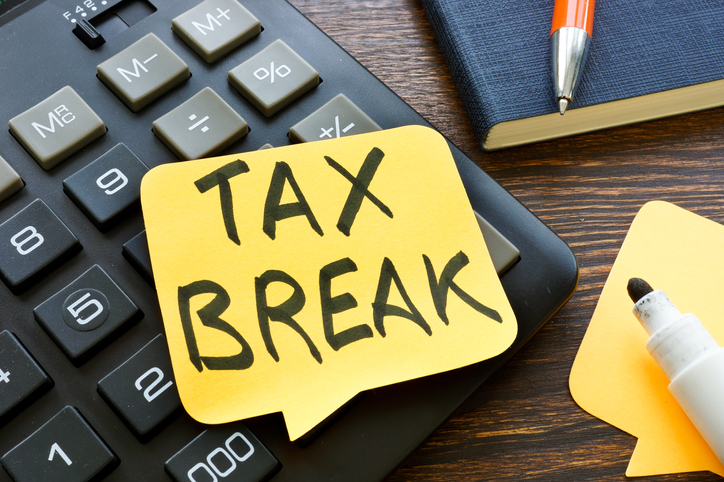Until 2020 corporation tax is set at 19 per cent. From April 1 2020 this will drop to 18 per cent. That’s something to look forward to for limited companies.
What is corporation tax?
Corporation tax is a tax on the profits of limited companies and some organisations.
Who pays corporation tax?
Any, or all limited companies in the UK pay corporation tax. This is a tax on the corporation or business. Those that would be exempt are sole traders or small businesses not registered as limited. The tax paid is a percentage of the profits made by the limited company.
Of course, self-employed people and partnerships also pay tax, however, this is due on their business profits as worked out in their self-assessment tax return.
Corporation tax can also apply to other companies, even if they’re not registered as limited. These include trade associations, housing associations, member’s clubs and co-operatives.
Taxable profits for corporation tax include:
• profits from taxable income such as trading profits and investment profits (except dividend income which is taxed differently)
• capital gains – known as ‘chargeable gains’ for corporation tax purposes
What you need to do and when you need to file company tax return?
Your tax return is a form called the CT600. Your accountant will prepare and submit this, however it is the director’s responsibility to ensure that all information within it is correct.
Unlike other taxes such as income tax or VAT, where in most cases the filing and payment deadlines are identical, this is not the case with corporation tax. The deadline to pay your corporation tax is before the deadline to file your company tax return.
Generally you must:
• pay by nine months after the end of your company or organisation’s corporation tax accounting period
• file by 12 months after the end of your company or organisation’s corporation tax accounting period
For example, if your company or organisation’s financial year runs from April 1st 2017 to March 31st 2018, and your corporation tax accounting period is the same, you must:
• pay your corporation tax for that period by January 1st 2019
• file your company tax return for that period by April 1st 2019
If your company’s profits for an accounting period are at an annual rate of more than £1.5 million, you must normally pay your corporation tax for that period in instalments and within 12 months, all of which are due before the deadline to file your company tax return. You must also pay electronically and penalties will be charged for late payments.
How to work out your company tax return
To work out how much corporation tax your company or organisation will have to pay, you need to work out the profits you’ll have to pay tax on, known to HMRC as your ‘taxable profits for corporation tax’.
To work out your taxable profits, you start with your company’s pre-tax profit figure (sometimes known as ‘profit before tax’) in your company’s financial accounts for a financial year. You then:
• add back any depreciation charges you’ve included in your accounts
• deduct your capital allowances (they take the place of depreciation charges)
• add any other relevant income or chargeable gains
• deduct any other relevant deductions, reliefs, allowances or losses
After doing so you will need to:
• apply the relevant tax rate(s) to calculate your gross corporation tax payable
• deduct any relevant tax credits and any income tax already deducted from interest income your company received (for example the tax deducted by your bank before it paid you interest)
Finally you deduct any corporation tax you’ve already paid, for example tax paid early, to find the amount of corporation tax you need to pay, or the amount of corporation tax you can claim back as an overpayment.
Corporation tax financial years
For corporation tax, the tax year is called the ‘financial year’ or ‘fiscal year’ and runs from April 1st to March 31st. This is different from the tax year for individual taxpayers, which runs from April 6th to April 5th.
The Chancellor sets out the rates of corporation tax and various allowances, reliefs and credits in the Budget each year (usually in March or April) and also in the Pre-Budget Report the previous November/December. Normally any changes are announced one or more financial years in advance of the year to which they will apply.
Corporation tax rates
There used to be two rates of corporation tax, depending on the company or organisation’s taxable profits:
• the lower rate – known as the ‘small profits’ rate
• the upper rate – known as the ‘full’ rate or ‘main’ rate
The small profits rate could be claimed by qualifying companies with profits at a rate not exceeding £300,000.
There was also a sliding scale between the lower and upper rates known as ‘marginal relief’. If your company or organisation’s profits were above the threshold for paying corporation tax at the small profits rate (previously known as the ‘small companies’ rate’) but less than the threshold for paying corporation tax at the main rate, you may have been able to claim marginal relief.
Tony Shanks of Tax Rebate Services explains, ‘The old system was confusing, especially if a company was on the cusp of the threshold. The new, simplified system is much clearer, and we have less people filing for tax refunds in this area as a result. George Osbourne has also made grand statements which should please limited companies in the UK.’
Corporation tax rates today
Today, corporation tax is less confusing as the small profits rate and the main rate have become one in order to provide a much more uniform system. This happened in 2015 when clarification was called for on the rates of corporation tax paid.
Now, all limited companies, and some associations and clubs, pay one corporation tax percentage which currently stands at 19 per cent.
Corporation tax in the future
In 2016 George Osbourne made a promise, in the budget, to reduce corporation tax to 15 per cent by 2020. This could still be a possibility.
This piece was updated on March 23rd 2018. For more information on corporation tax, click here.








